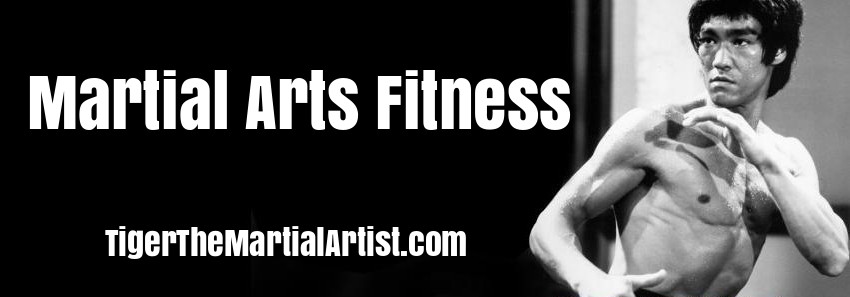Click Here To Subscribe To Your FREE Martial Arts Fitness Magazine
Learn Bruce Lee's Secrets
Click Here Now!By: MIKE SELVON Choosing a Martial Art School
So after seeing so many different martial arts movies, you want to see if you can do that kind of stuff? Good luck -- it's not easy to learn. It takes years of discipline and proper schooling to understand how to keep your mind and body in focus long enough to perform the kinds of feats many martial arts masters perform. Your desire is a good start and the right school can help. But how do you know if you're choosing the right school?
So, with all that in mind, how do you find a martial art school that will teach you the martial arts the way you want? It's not impossible, since there are still traditional martial arts schools around the country, but it does take a little effort.
Martial arts history dictates humility in instructors, so an instructor following tradition likely won't have much in the way of marketing. That means you have to go out of your way to find the instructor, via word of mouth, or search for all martial arts schools in your area.
When you find a martial art school that appeals to you, go visit. Sit in and watch a session or two. Go on different days at different times to see how the instructors handle each class and interact with the students.
A good school will always allow visitors to drop by. Take note of how large the classes are. Are men and women taught together? Do the instructors and higher-ranking belts treat beginners with respect? Do they have children's classes? And if so, how are the children treated? What principles are the students taught?
Find out who the Sensei (chief instructor) is. Talk to him or her: find out what kind of training they had and who taught them. Ask them their rank and how long they've been practicing. You also need to know what style of martial arts they teach.
The most common of the combative arts are: tae kwon do, kung fu and shotokan karate. Each style will stress something different in their techniques. If you don't like being thrown (takedowns) or grappling, then the grappling arts of judo and aikido are not for you.
A style like tae kwon do will stress kicks, while Okinawan Goju-Ryu karate will offer a nice balance of hand and leg work. Is your own personal goal fighting, competition, or strictly self defense? Ask the Sensei what his particular school focuses on.
Before you sign a contract with a martial art school, be certain that you are absolutely comfortable with the martial art school's environment and the instructors. If you are offered the opportunity to take an introductory course as a trial run, by all means do it.
An introductory session will allow you to work with one or more of the instructors one on one or in a small group of other beginners to see if the style is right for you.
Questions are always helpful. The best martial art instructors will tell you, "There's no such thing as a stupid question." No matter what, a real martial art school isn't going to make you feel stupid for wanting to learn. So if you're curious -- about either tradition, a stance, or anything else -- be sure to ask.
About the Author: Knowing the art of martial arts is an asset for protection. Claim your free karate secret gift, and more useful information about martial sports from Mike Selvon's portal, and leave a comment at his martial arts blog. http://martialarts.micronicherecommends.com/
Click Here To Subscribe To Your FREE Martial Arts Fitness Magazine
Home | Articles | Exercise | Workouts | Nutrition | Links

